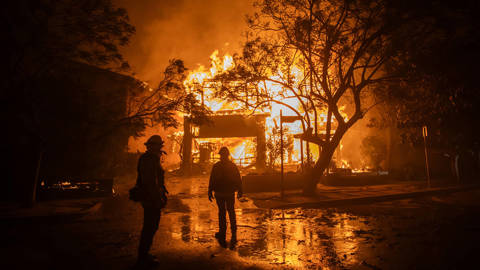Alissa Amico
Alissa Amico is Managing Director of GOVERN, the Economic and Corporate Governance Center.
-
How Ownership Concentration Is Happening, and Why It Matters

How Ownership Concentration Is Happening, and Why It Matters
Jan 3, 2020 Alissa Amico warns that the demise of dispersed equity holdings spells trouble for the global economy.
-
The AI Governance Challenge
 Free to read
Free to readThe AI Governance Challenge
Mar 15, 2019 Alissa Amico calls for a concerted effort by governments and private companies to develop human-centric standards.
-
State Capitalism 2.0

State Capitalism 2.0
Sep 5, 2018 Alissa Amico traces a broad shift away from privatization, and toward the modernization of state-owned enterprises.
-
A Regulatory Race to the Bottom?

A Regulatory Race to the Bottom?
Aug 14, 2017 Alissa Amico warns that institutional investors lose out when state-owned enterprises get preferential treatment.
-
Corporate Governance at Saudi Aramco

Corporate Governance at Saudi Aramco
Apr 5, 2017 Alissa Amico examines what the Kingdom must do before it takes the world's largest oil company public.








